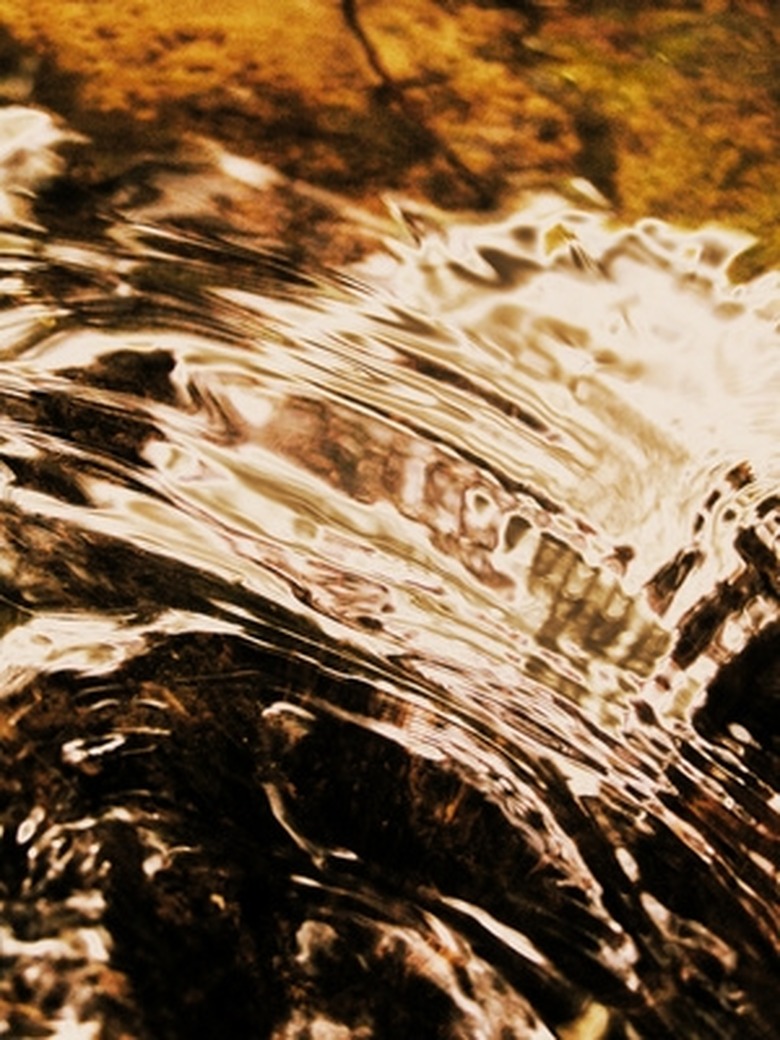How To Extract Gold From Scrap
Gold is a precious, conductive, and pliable metal that retains a stable value better than many commodities. Its chemical properties make it useful for the manufacture of computers parts, electronics, jewelry and dental work. Some people find it profitable to attempt to extract the gold from these scraps, then refine and sell it. This complicated process requires chemical expertise and experience, as well as access to various chemistry equipment. However, with the right knowledge, experience and tools, you can remove valuable gold from computer parts, other discarded electronics and jewelry scraps.
Extracting Gold from Scraps
Step 1
Collect any gold-containing metal scraps to which you have access, including jewelry, computer processors, old telephone wiring or gold tooth crowns. Keep in mind that outdated electronics are likelier to produce parts with a high enough level of gold to make the procedure worthwhile.
Step 2
Obtain the correct amount of chemicals and appropriate size containers for the amount of scrap metal you wish to refine. You will need 300 milliliters of container capacity, 30 milliliters of nitric acid, and 120 milliliters of hydrochloric acid for every ounce of metal you intend to refine.
Step 3
Apply all safety gear correctly before working with any chemicals. The acids involved in this process are highly corrosive and react strongly.
Step 4
Add your scrap materials and the appropriate amount of nitric acid, as mentioned above, to the smaller of your plastic containers. Wait 30 minutes before adding the hydrochloric acid. Let the chemical reaction develop overnight to be sure that all of the gold has dissolved.
Step 5
Filter the particles out of the acid in the plastic container by attaching a Buchner funnel filter and pouring the remaining liquid into the larger of the plastic containers. The resulting acid will be deep green and translucent.
Step 6
Create a urea and water solution by boiling a quart of water and combining it with one pound of urea. Pour this mixture into the acid slowly until no more chemical reaction can be observed. This process raises the pH levels of the acid, thereby eliminating the nitric acid.
Step 7
Heat a quart of water to boiling and add the sodium bisulphite to the boiling water in the ratio of 1 ounce of sodium bisulphate for every ounce of metal being refined. Pour this mixture slowly into the acid and wait for a reaction.
Step 8
Observe the muddy separation that collects at the bottom of the acid container. This substance is pure gold. Extract the gold from the container by pouring off the acid using a filter, then rinsing and re-filtering the substance three times with distilled water. The result will be nearly 100 percent gold.
Things Needed
- Scrap electronics
- Scrap jewelry
- Rubber gloves
- Rubber apron
- Goggles
- Nitric acid
- Hydrochloric acid
- Water
- Stove
- Urea
- Sodium bisulphite
- Buchner funnel filter
- 2 large heavy gauge plastic containers, one smaller than the other
TL;DR (Too Long; Didn't Read)
Some experts recommend using SubZero in place of nitric acid. This nitric acid replacement reacts in lower quantities and does not create as many fumes.
Warning
Do not attempt this process if you do not have adequate chemistry lab experience. Avoid breathing in any fumes created during chemical reactions.
References
Cite This Article
MLA
Cowgill, Colleen. "How To Extract Gold From Scrap" sciencing.com, https://www.sciencing.com/extract-gold-scrap-5718325/. 24 April 2017.
APA
Cowgill, Colleen. (2017, April 24). How To Extract Gold From Scrap. sciencing.com. Retrieved from https://www.sciencing.com/extract-gold-scrap-5718325/
Chicago
Cowgill, Colleen. How To Extract Gold From Scrap last modified March 24, 2022. https://www.sciencing.com/extract-gold-scrap-5718325/
